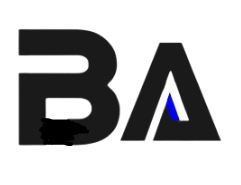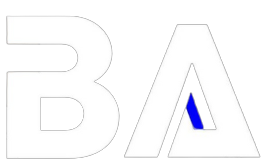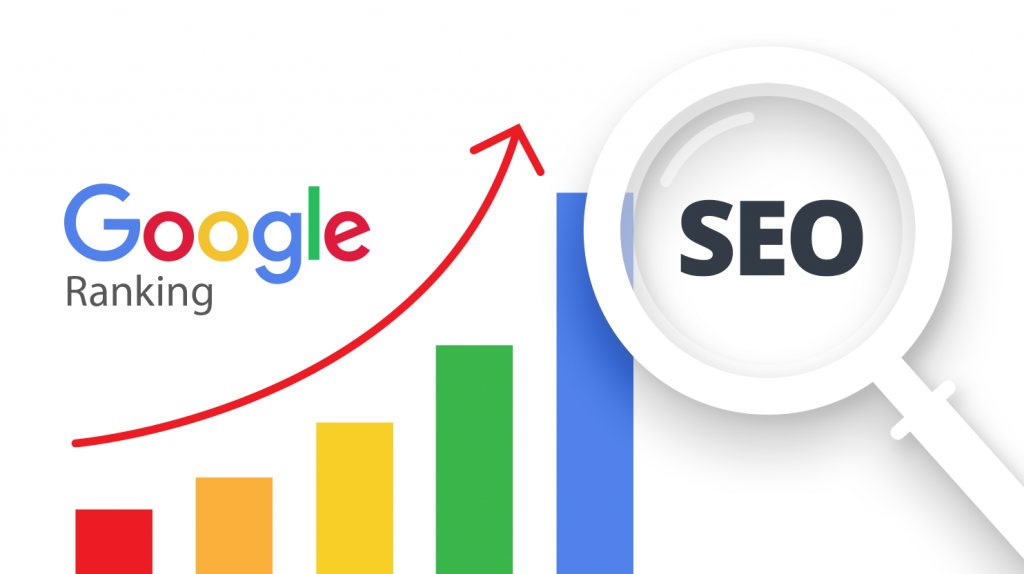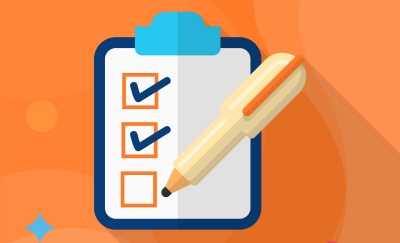Social media feels like a sweet dream. You post a video on Instagram. It goes viral. Clients flood your DMs. LinkedIn amplifies your thought leadership. X sparks conversations that land you speaking gigs.
It’s easy. It’s cheap. It’s where your clients are scrolling. But you’re not running the show. You’re a guest on someone else’s stage. The platform owns the spotlight, the script, and the audience.
Think about it. You don’t decide who sees your content. An algorithm does. You don’t set the ad prices. The platform does. You don’t own your followers’ contact details. The platform does.
This isn’t freedom. It’s more like a gilded cage. And the bars tighten when you least expect it.
When Platforms Pull the Rug
History is littered with examples of platforms changing the game.
In 2014, Facebook slashed organic reach for business pages. Overnight, brands that relied on free posts to engage millions saw their visibility drop to single-digit percentages. Businesses scrambled, forced to pay for ads to reach their own followers. The rent went up.
More recently, X’s algorithm shifts in 2023 frustrated marketers. Posts that once garnered thousands of impressions dwindled to hundreds. Coaches who leaned on X for client leads saw their pipelines dry up. The terms changed. No one asked for permission.
These aren’t anomalies. They’re the nature of rented land. Platforms prioritize their profits, not your business. And when they pivot, you’re left picking up the pieces.
Why This Dependency Cripples Your Business
In systems thinking, a single point of failure is a death sentence. Social media is that point for too many solopreneurs. If your coaching or consulting business lives on social media, a single account suspension, whether from a policy violation or a glitch, can erase your client base. Poof. Gone.
Just look at these scenarios that happen regularly across the industry:
- Life coaches with substantial Instagram followings have their accounts disabled due to false reports or automated system errors. Appeals can take weeks, disrupting programs and launches.
- Business consultants building lead funnels through LinkedIn face dramatic drops in visibility when the platform changes its algorithm to favour its own premium content.
- Wellness practitioners on platforms like TikTok encounter “community guidelines” strikes that restrict their accounts, often due to automated systems flagging legitimate content.
Every day you rely on social media, you’re leaking value. You’re training clients to find you on someone else’s turf. You’re building their brand as much as yours. You’re paying to reach an audience you can’t directly contact without the platform’s toll.
You’re outsourcing your autonomy.
For solopreneurs, this dependency stings harder. Your business thrives on trust, relationships, and thought leadership. Social media amplifies your voice, sure. But it also fragments your authority.
Clients associate you with the platform’s brand, not your own. And when the algorithm buries your posts, you’re forced to dance harder for attention. It’s exhausting. It’s unsustainable. It’s not how you build a legacy.
Every post you create without owning your platform is a bet against your future. You’re gambling that the landlord won’t evict you. History says that’s a bad bet.
The Psychology of Ownership
When I talk about ownership, I’m not saying you should ditch social media. I’m saying you should use it as a tool, not your foundation.
Ownership creates a sense of agency. When you control your platform, you control your narrative. You’re not reacting to algorithm whims. You’re shaping your client’s journey.
This confidence spills into your coaching or consulting. Clients feel it. They trust you more when your digital presence feels deliberate, not borrowed.
Contrast this with social media’s slot-machine psychology. Every post is a pull of the lever. Will it go viral? Will it flop? The uncertainty breeds anxiety.
Ownership replaces that with clarity. You know your website is there. You know your emails will land. You know your SEO is working. It’s not sexy but it’s powerful.
The Digital Sovereignty Pyramid
True ownership is about reversing the power dynamic through a strategic framework that puts you in control. That’s why I created this pyramid to help you along the way:
1. Foundation: Your Website
A professional website serves as your digital headquarters. The center of your business universe.
The foundation matters because everything else builds upon it. When you own the foundation, you own your future.
2. Communication: Your E-mail List
Email subscribers represent business stability that social followers cannot match. Industry data consistently shows that 500 engaged email subscribers generate more predictable revenue than 20,000 social media followers.
Why? Because you control the conversation. Every message reaches its destination without algorithm interference. Every communication builds your relationship, not the platform’s data profile. Every interaction happens on your terms, not theirs.
(So even if you write on Substack, make sure you frequently export your email list)
This direct line of communication becomes increasingly valuable as social platforms restrict organic reach to push paid advertising.
3. Content: Your Intellectual Property
Content on your website performs a fundamentally different function from social media posts. Social content depreciates instantly, losing nearly all its value within 48 hours. Website content appreciates over time through search engine optimization and compounding authority.
Strategic blog posts, videos, and resources hosted on your site work tirelessly in the background—attracting prospects, building credibility, and generating leads for years. Unlike social media’s treadmill of constant content demands, website content builds lasting equity in your digital presence.
The most successful coaches and consultants create content libraries that generate inquiries 24/7, independent of their active posting schedule or algorithm changes.
4. Community: Your Member Spaces
The pinnacle of digital sovereignty is creating spaces where your audience gathers without third-party mediation. WordPress membership sites, forums, and client portals transform your business from a service into an ecosystem.
These spaces serve dual purposes: they provide extraordinary value to your community while giving you unfiltered access to your most engaged prospects and clients. No platform can limit your reach, change the rules, or stand between you and your community.
For solopreneurs, this level creates the holy grail of business stability: predictable recurring revenue coupled with deepening client relationships.
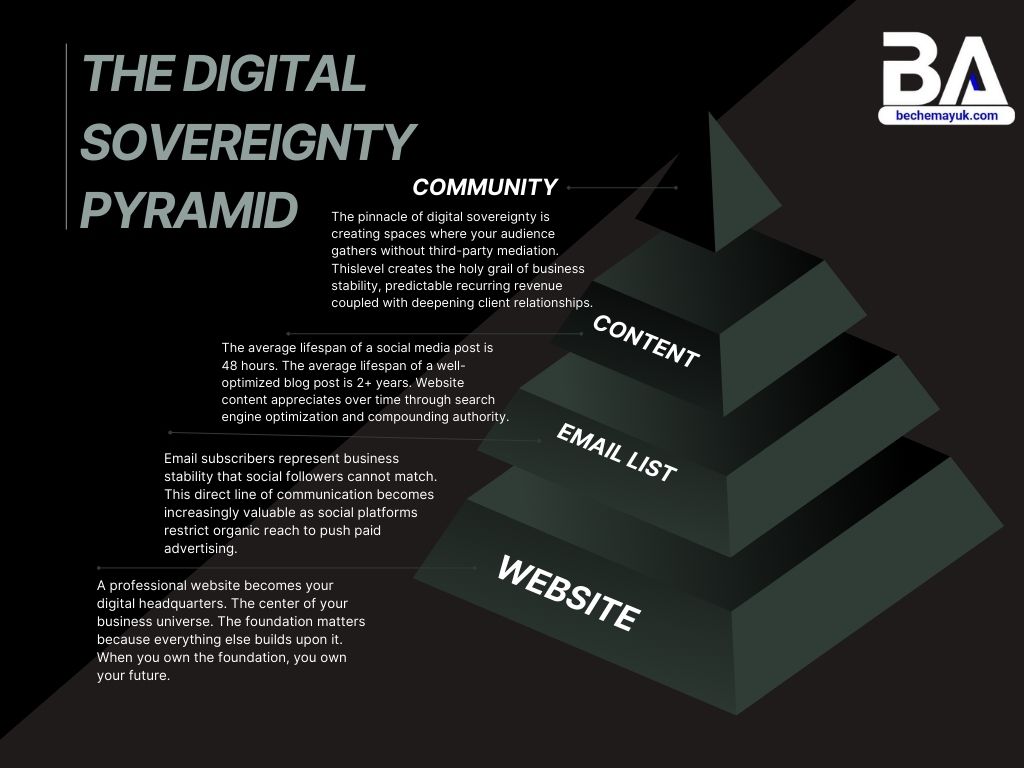
Together, these four elements create something greater than their individual parts: a self-sustaining digital ecosystem that grows in value, resilience, and effectiveness over time.
ROI of Ownership
Let’s talk real numbers:
- Website visitors convert to leads at 2-5%, compared to social media’s 0.7-1.3%
- Email marketing delivers $36 for every $1 spent—the highest ROI of any digital channel
- Organic search delivers 53% of website traffic, compared to social media’s 5%
- The average lifespan of a social media post is 48 hours. The average lifespan of a well-optimized blog post is 2+ years
These are measurable business improvements that create sustainable growth rather than temporary visibility.
In A Nutshell
The odds of social media dying tomorrow are practically zero. But that’s not the point.
It’s a thought experiment. A way to stress-test how fragile a business is when it depends on platforms it doesn’t own.
The problem isn’t that social media will vanish. It’s that your control over it already has.
- You don’t control the rules (algorithms do).
- You don’t own the audience (the platform does).
- You don’t dictate the flow (they decide what shows up, when, and to whom).
You are at the mercy of a system you can’t influence.
A business built only on social media is like a house built on rented land.
Even if the landlord doesn’t evict you, they can:
- Change the terms
- Raise the rent
- Block the driveway
And they have… many times.
So people should care not because it’ll all disappear tomorrow…
…but because every day they delay owning their platform, they stay vulnerable.
Your website isn’t an escape from social.
It’s insurance against its volatility.
And leverage that compounds over time.
Stop betting on the landlord’s goodwill. Start owning your digital home. The future belongs to those who own it.
Coaches and consultants, you’re in the business of empowering others. Start by empowering yourself.
Take Action Now
A high-converting website can replace hours of content creation, automate client onboarding, and drive revenue while you sleep. It’s insane leverage.
The good news is, building a powerful website is no longer as hard as it used to be. There are a ton of no-code tools you can use to build your website. And if you’re the DIY type, my newsletter and my store are packed with step-by-step insights to help you build it yourself, as well as free design templates.
But if you’d rather skip the guesswork, or you’re simply too busy to do it right, I’ll build it for you.
A clean, professional website tailored to your brand. Designed to convert. Built to grow with you. No bloated tech. No unnecessary stuff. Just what you need to start owning your platform and attracting the right clients. Pick a website package that fits your business, fill out a short form, and I’ll get to work.
The choice is yours. But the time is now.
